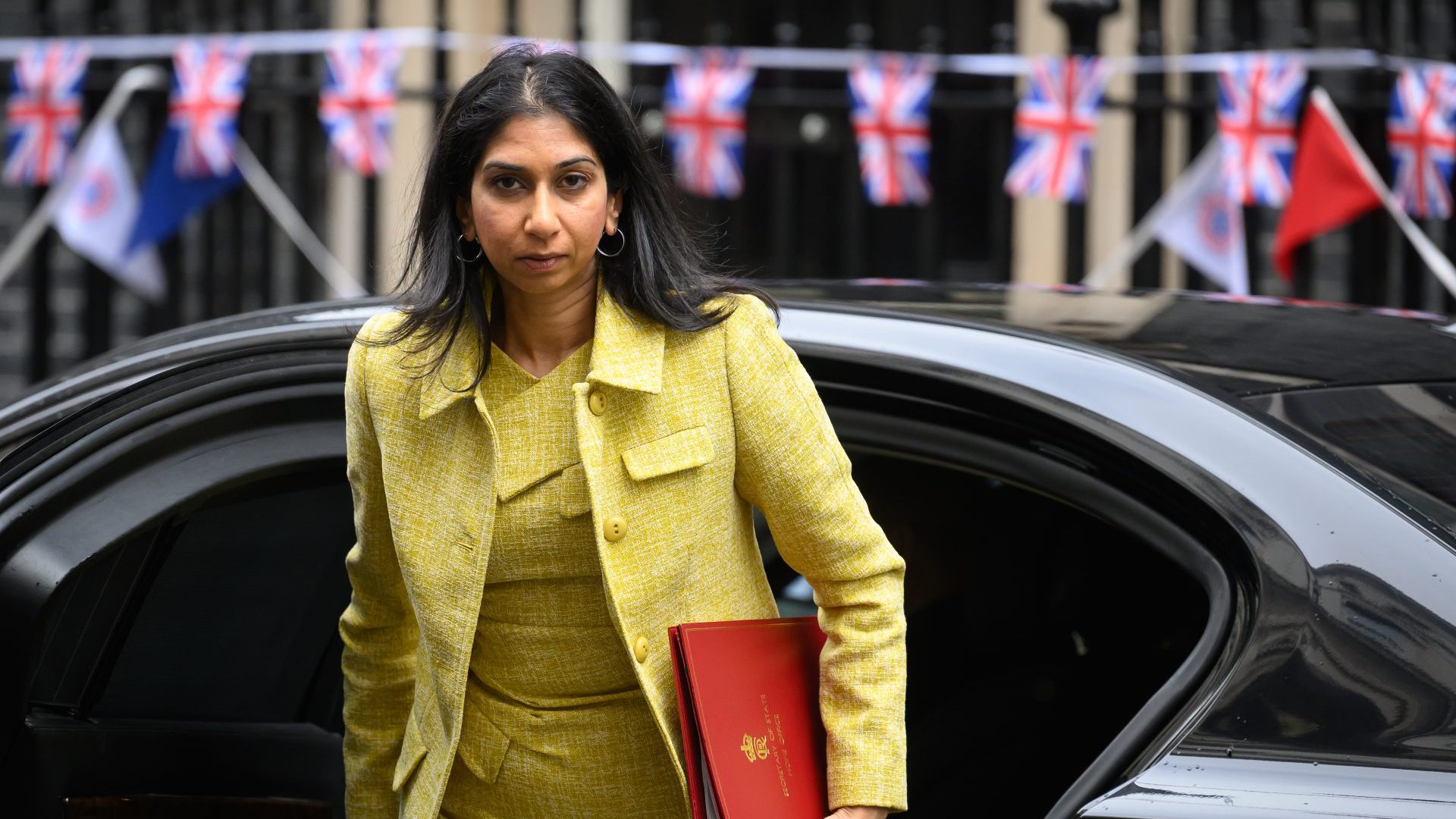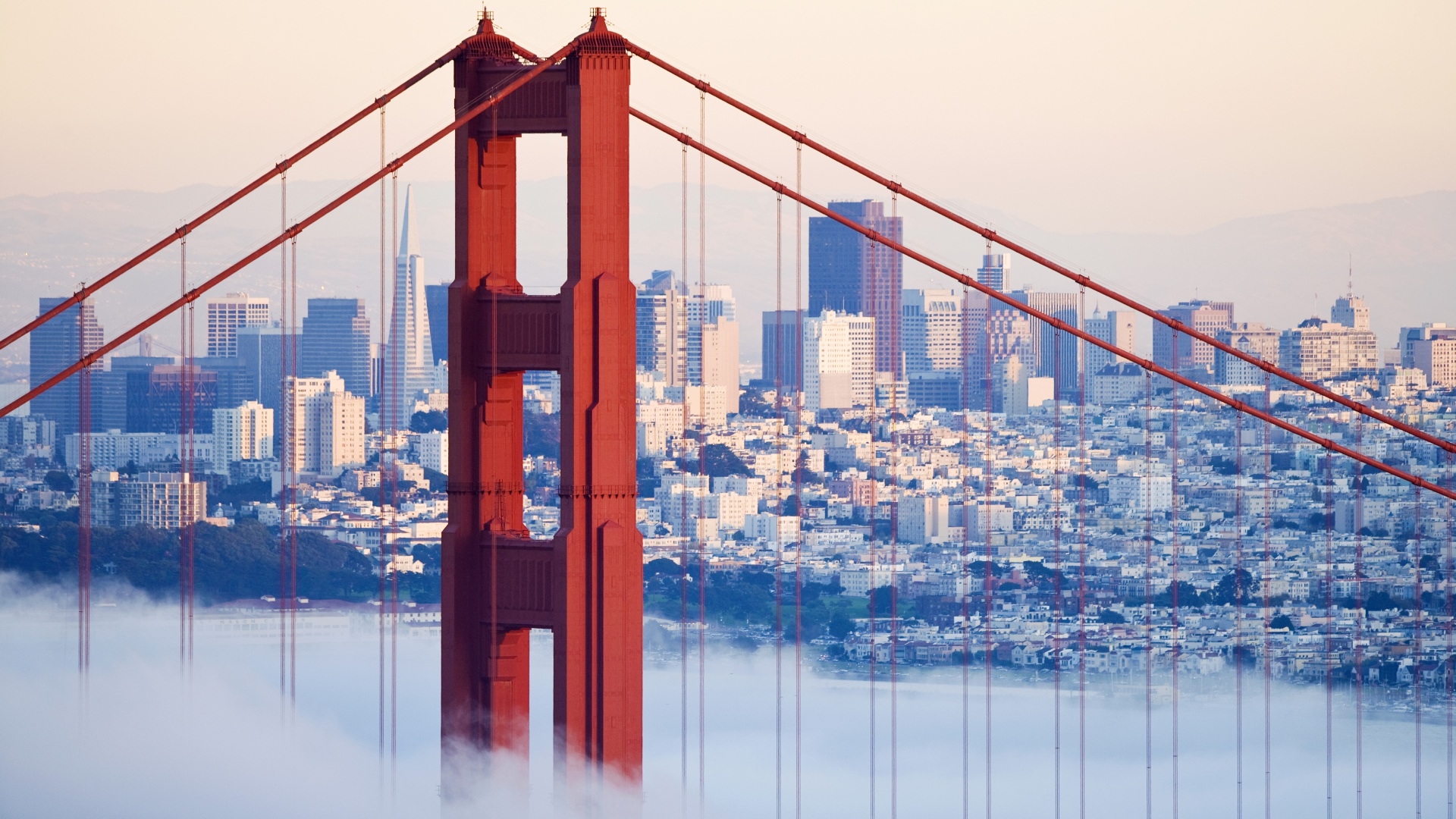I have been wondering what, if anything, might persuade Suella Braverman that her rhetoric and strategy to slash immigration might conceivably have gone too far. Nigel Farage staging an intervention? Tommy Robinson calling for a “cooling-off period”? A social media post by Donald Trump urging the home secretary to “take it easy over there in Scotland”?
Many have tried and failed, after all. In the House of Lords last week, the Archbishop of Canterbury described her proposals as “morally unacceptable”. The Illegal Migration Bill has been denounced by the United Nations Refugee Agency; by Dame Rachel de Souza, the Children’s Commissioner; by the Council of Europe; by UNICEF; and by the former prime minister Theresa May.
Braverman herself has been referred to the Bar Standards Board, for allegedly breaching its code of conduct with “racist sentiments and discriminatory narratives” – notably her egregious claim last month that grooming gangs are “almost all British-Pakistani”. This is what we in the trade call “a lie”: in December 2020, an investigation commissioned by her own department found that the majority of child exploitation groups are made up of white men under the age of 30.
Yet such condemnation seems only to embolden Braverman. In a Times article last week, co-authored with the new justice secretary, Alex Chalk, she presented herself as no less than the voice of “the will of the British people”. On Monday, at the “National Conservative” conference in London, she declared that net annual migration to the UK must be reduced as a matter of urgency, lest Britons become irrevocably “dependent” on foreign labour and start “forgetting how to do things for ourselves”.
There has also been a downright sinister shift in her rhetoric towards the claim that the behaviour of those arriving in “small boats” is “at odds with British values”. In a speech at a Policy Exchange event last month, her minister of state for immigration, Robert Jenrick, spoke from the same poisonous script, declaring that “excessive, uncontrolled migration threatens to cannibalise the compassion of the British public” and that “those crossing [the Channel] tend to have completely different lifestyles… undermining the cultural cohesiveness”.
Even on its own terms, please note, the government is failing. Data due to be released by the Office for National Statistics on May 25 is expected to show that net migration scaled record heights last year: according to one forecast, between 650,000 and 997,000 people. Such figures, of course, give Sir Keir Starmer precisely the excuse he craves not to address the moral content of the government’s strategy. He is able to confine his attack to the feasibility of Braverman’s plans, to their effectiveness, and to stop short of condemning the deplorable spirit of nationalism, resentment and xenophobia that underpins them.
Rishi Sunak and his home secretary wish to be seen as remorselessly robust on immigration. And Starmer – mindful that Labour has yet to seal the electoral deal – believes that he cannot afford to appear weak on this issue, perhaps more than any other. Disgracefully, his officials have suggested that it may not even be necessary to repeal Braverman’s bill. In the words of one shadow cabinet member: “This is what winning power is all about. It’s horrible. But sometimes you have to keep your bleeding heart in a box.”
I beg to differ. In a speech to Progressive Britain on Saturday, Starmer promised that his government would be transformative in character; that it would combine the crusading ambitions of Labour in 1945, 1964 and 1997; and that his project for change would be “Clause IV on steroids”.
Very well: a good start would be to present himself to the public as a leader with the courage to speak the truth about immigration and to champion its merits as a force for the common good.
The economic case is clear enough: multiple studies have shown that the impact of migration is fiscally positive and encourages growth. Specifically, as many of Braverman’s ministerial colleagues fret in private, and as those sectors experiencing serious post-Brexit workforce problems can attest, a nimble and open migration system is absolutely essential to the UK labour market.
Witness our collective insistence upon an adequately staffed NHS, a social care system that has a prayer of functioning, and a responsive service economy. The claim that we “were not consulted” on immigration is rank hypocrisy: we most certainly were, and continue to be, in the personal choices we make every day; in the countless micro-decisions taken by all of us as customers, patients and citizens of a country that has been multicultural for many decades.
Brexit and its ugly prelude obscured this core reality about the structure, ethos and fabric of postwar Britain. But there are encouraging signs that this wave of popular illiberalism, recklessly encouraged by irresponsible politicians, is now receding. According to a survey published by the IPPR in November, about half of the public now express positive views about the economic and cultural impact of immigration, compared with only a third in 2014. In the months before the Brexit referendum, at least 44% saw immigration as a high priority; during 2022, an average of only 9% said the same.
As evolutionary psychology teaches us, there is a primordial part of every human brain that reverts to ugly tribalism when roused by rhetoric and rage. One of the core tasks of civilised leadership is strongly to challenge such atavistic instincts – to confront voters with the logic of the demands they make and the realities of our radically interdependent 21st-century world.
History shows, furthermore, that, in times of crisis, people respond well to such challenges. Lincoln, Churchill, and Kennedy all demonstrated that nations can be inspired by confrontation with reality and by the demand to change.
Where should we look today for such inspiration? Not from this government of moral homunculi, that’s for sure. On this, as so much else, we wait for Keir Starmer to show how bold he truly is.




